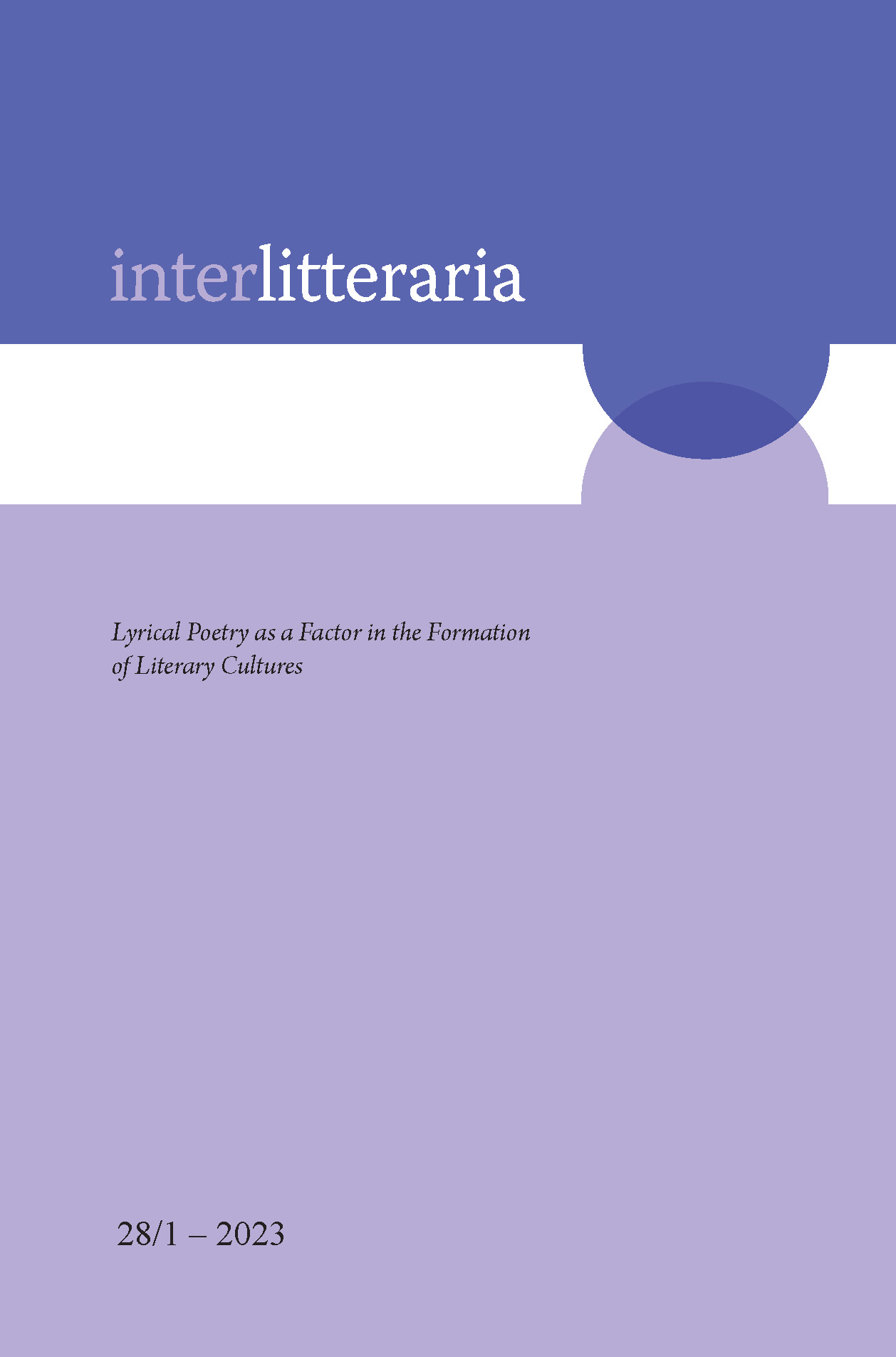An Attempt to Account for Distributed Cognition in Translating the Poetry of Juhan Viiding
DOI:
https://doi.org/10.12697/IL.2023.28.1.12Keywords:
poetry translation, poetics of translation, Estonian poetry, distributed cognition, Juhan Viiding, negationAbstract
This article continues the author’s research into the creative process of writing and translating poetry. It is preparatory work for translating the poetry of one of Estonia’s most widely read and appreciated poets, Juhan Viiding (1948–1995), who wrote under the pseudonym Jüri Üdi until 1978. It proposes that an understanding of Viiding’s work is enhanced when viewed in the wider human perspective of distributed cognition, as elaborated by neuroanthropologist Merlin Donald. In contrast to traditional approaches that look to socio-historical background to contextualise literature and translation research, the distributed cognition model places greater emphasis on the creative processes in culture that take place outside individual minds and focuses less on the capacities and talents of the author as the unique source of creativity. This approach is helpful for the translator of Viiding’s poetry who aspires to produce translated poems that do in another language what the original poems do in their language, for it entails thinking through language to access the working of the individual and the collective minds in the text. The significant role that social connections and public reception play in Viiding’s creative work is illustrated by an essay by Elo Viiding, a poet and Juhan Viiding’s daughter, in which she describes nine types of reader of Juhan Viiding’s poetry, each of which creates their own distinct ‘Juhan Viiding’. Drawing on poet and literary critic Hasso Krull’s study of Viiding’s poetry, Elo Viiding analyses Juhan Viiding’s method of negation as essential to his creative work and engagement with his audience. In this article the author lays theoretical groundwork for the translation of Juhan Viiding’s poetry into English.
Downloads
Downloads
Published
Issue
Section
License
Copyright (c) 2023 Miriam McIlfatrick-Ksenofontov

This work is licensed under a Creative Commons Attribution-NonCommercial-NoDerivatives 4.0 International License.
The contents of Interlitteraria are published under CC BY-NC-ND licence.


